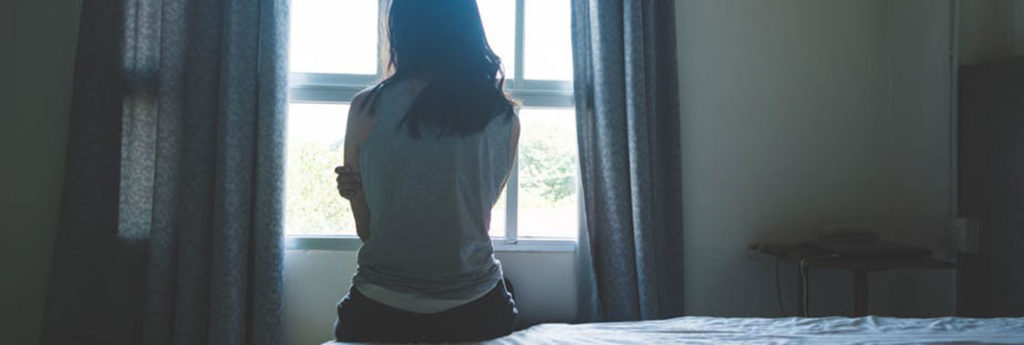Thirteen women are accusing six major hotel chains of willfully ignoring warning signs that sexual exploitation was taking place on their premises. The litigation, which was filed this week in a federal court in Columbus, Ohio, marks the first time the hotel industry has faced legal action as a group. It draws together 13 separate lawsuits filed in Georgia, Massachusetts, New York, Ohio and Texas.
Lawyers claim the suit demonstrates “industry-wide failures” to prevent sex trafficking, and allege that women and children were held captive, abused and sold for sex in their guest rooms across the US.
“Rather than taking timely and effective measures to thwart this epidemic,” the suit said, “defendant hotels have instead chosen to ignore the open and obvious presence of sex trafficking on their properties, enjoying the profit from rooms rented for this explicit and apparent purpose.”
The suit, filed this week in US District Court in Portland, names Hilton Worldwide Holdings, Inc., Wyndham Hotels & Resorts, Marriott International, Choice Hotels Corp., Extended Stay America and Red Lion Hotels Corp., as defendants.
New York law firm Weitz & Luxenberg – litigating on behalf of the women, many of whom were minors when the trafficking was alleged to have occurred – said the hotels “derived profit” and “benefited financially” by “providing a marketplace for sex trafficking”.
“It seems clear to us that these hotels knowingly put their own profits over the protection of the children, teenagers and young women who were being sold for sex at their hotels,” said a lawyer for the firm.
“We believe that they neglected their duty to take action to stop these heinous crimes for decades, and it is time for them to be held responsible for what they perpetuated through total inaction.”
One of the women in the complaint says she was held captive for six weeks in 2012 at various Wyndham Hotels locations, where repeated beatings broke her nose on two occasions, left her lip permanently scarred and caused an infection on her face. She was 26 at the time.
“I just wish that people realize how much (sex trafficking) really is here in the US,” she told the Thomson Reuters Foundation.
“It doesn’t matter if it’s a shady hotel or a nice hotel, it’s going on in all of them.”
An estimated 80% of all human trafficking arrests occur in or around hotels, the lawsuit claims.
In 2014, 92% of the calls the National Human Trafficking Hotline received involved reports of sex trafficking taking place at hotels, according to the litigation.
Despite well-publicized industry-wide initiatives to tackle child and sex trafficking, including staff training to identify potential victims, the hotel chains named in the lawsuit failed to adequately implement such policies, and in some cases failed to implement any policies at all, the lawsuit claims.
“As well as the trafficking of enslaved children and exploited women in the sex industry, hotels should also be concerned about the risks of forced labour in ancillary services such as cleaning and catering,” said Aidan McQuade, former director of Anti-Slavery International.
“But this case should be a reminder to all businesses in all industries, not just hospitality, of something they should have learned over at least the past 10 years: unless you can establish effective systems to identify and remediate slavery and trafficking where it occurs in your supply chains and operations, you may well be the next held to account in the courts of law and public opinion.”
In separate statements, Best Western Hotels & Resorts, Hilton Worldwide Holdings Inc, InterContinental Hotels & Resorts and Wyndham Hotels & Resorts condemned human trafficking as a despicable crime, said they supported the industry’s efforts to raise awareness and protect individuals and provide training to their staff as to how to recognize and report instances of trafficking.

